Administrative Procedure 314
Pediculosis (Head Lice)
Background
An outbreak of head lice in a school is not considered a health hazard and is not a reflection on the level of cleanliness or parenting skills at home. Head lice do not transmit disease. Head lice can affect anyone but are most common in the 3-11 year old age group. Head lice can spread in situations where individuals gather and are in close contact. From time to time students enrolled in school may come in contact with head lice.
The identification, management and treatment of head lice shall be a cooperative endeavour between the school and the family, and be in accordance with protocols from the Vancouver Island Health Authority. Primary responsibility for the treatment of head lice rests with the parent/guardian.
Current research shows that school exclusion, early dismissal, and no nit policies in schools do not prevent or control head lice infestations. In fact, these practices can stigmatize children, erode their self-esteem, and interfere with learning.
Procedures
To ensure a common approach to the management of head lice in school communities, the District has outlined the following procedures.
- Principals will ensure that their school’s response to a head lice infestation follows the VIHA (Vancouver Island Health Authority) protocols.
- Principals will oversee and support this effort by acting as a resource for the management of head lice and communicating to parents/guardians and the Parent Advisory Council, as needed.
- Head lice treatment shall take place in a timely manner.
- There will be no class or school-wide screening efforts unless recommended by Island Health.
- Principals will communicate the process to parents/guardians for proactively examining their child for head lice:
- The literature indicates that the most effective way to manage head lice is by regular checks at home;
- Current information about this procedure shall be made available to the parent/guardian community early in the school year; and,
- Print materials will be available upon request.
- Upon the report and confirmation of head lice in the school, notification shall take place in a timely and sensitive manner:
- The confidentiality of the child with head lice will be maintained to the best extent possible to protect the dignity of the child and family.
- For confirmed instances of head lice, appropriate verbal notification shall be given as soon as possible.
- Written notification shall be given in line with Island Health protocols. This notification shall include general information about head lice and the treatment alternatives.
- Upon notification, parents may choose to temporarily withdraw their child from school for immediate treatment at home. However, no child may be prohibited from attending or participating at school because of head lice:
- Children with confirmed head lice shall remain with their class until the parent picks them up or until the end of the school day.
- Parent Advisory Councils may consider purchasing treatment products such as shampoos and nit combs to be available to the parent/guardian community.
- If there have been repeated attempts by the District to support the parent/guardian by providing information and assistance, and this has not resulted in an adequate home response, it may become necessary to involve the Superintendent or designate.
- Additional information can be found on the HealthLinkBC website and the BC Centre for Disease Control website.
Reference: | |
Approved: |
|
|
